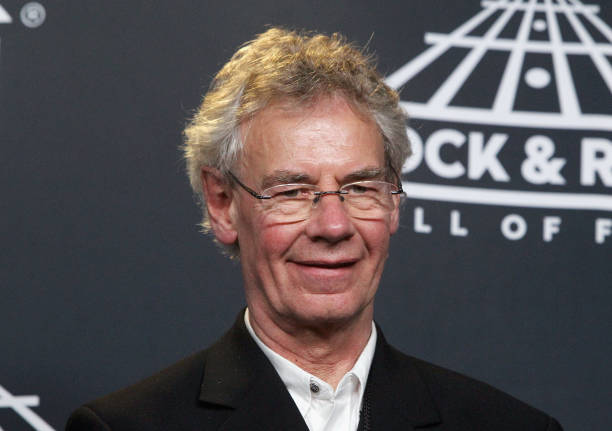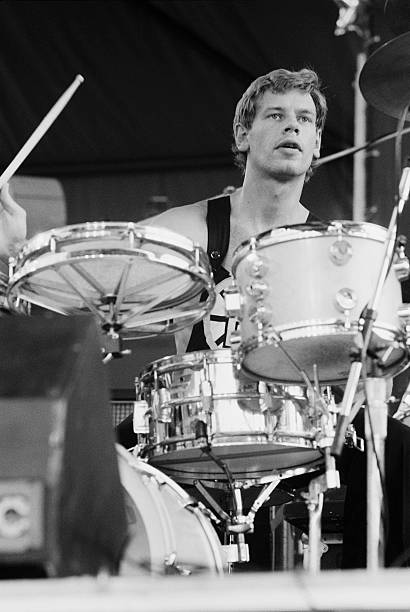Bill Bruford has always been a musician who followed his own rhythm, both behind the kit and in life. A defining force in progressive rock, he played for Yes, Genesis, and King Crimson, carving out a reputation as one of the most inventive drummers of his generation. Yet, in 2009, he made a decision that shocked fans and fellow musicians alike—he walked away from music completely, selling his drums and leaving it all behind.

For more than a decade, Bill Bruford embraced a new chapter, dedicating himself to writing, academia, and family. When he spoke about his retirement in 2019, he seemed resolute. There was no longing, no hesitation—he had moved on. Music had been his life, but it was no longer where he saw his future. That made his return all the more surprising.
Three years later, something shifted. The drums, long absent from his life, found their way back in. But this was not a grand return to sold-out arenas or high-profile tours. Instead, Bruford quietly re-entered the world of live performance through jazz, the genre that had always tugged at him beneath the layers of complex rock arrangements. With the Pete Roth Trio, he began playing intimate shows across England, reconnecting with the instrument on a much smaller scale than his days with Yes or King Crimson.
Bruford has never been one to chase comfort or stability. He was just 23 when he made the radical decision to leave Yes at the peak of their success, walking away from the global tour that would follow Close to the Edge, an album now considered one of progressive rock’s greatest achievements. He could have stayed, enjoyed the rewards of the band’s rising fame, but he wasn’t interested in playing the same songs night after night. He craved something more unpredictable, more fluid—qualities that eventually led him to jazz.
That same instinct seems to have brought him back now. He doesn’t play for nostalgia, nor does he return with the weight of proving anything to anyone. The massive productions of his past have been replaced by the kind of close, dynamic interplay that jazz allows. It’s a return not to the spotlight, but to the simple joy of making music in the moment, without expectation or obligation.
Bruford’s story is not one of retirement undone, but of an artist rediscovering his craft on his own terms. It’s rare for a musician of his stature to step away so completely, and rarer still for one to return without fanfare or spectacle. He left the stage once believing he’d never come back, and yet here he is—not in a stadium, but in a quiet room where the music moves freely, as unpredictable and alive as ever.
